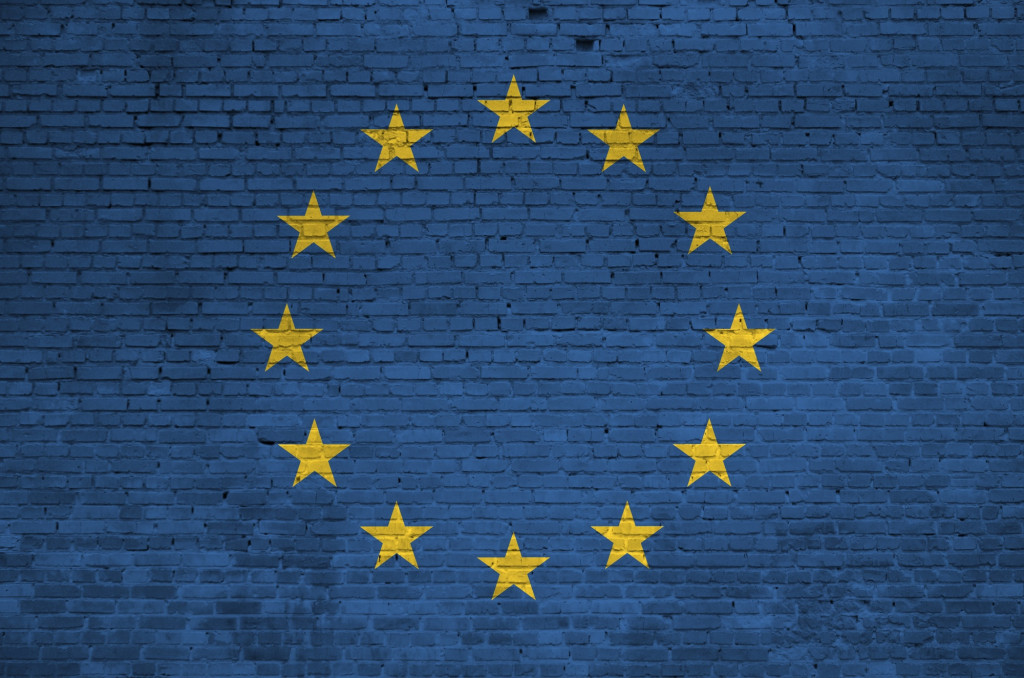Council agrees on negotiating position for EU rules tackling online child sexual abuse

EU member states have endorsed their position on a regulation designed to prevent and combat online child sexual abuse, marking a significant step in ongoing legislative negotiations. The draft law introduces obligations for digital companies, establishes new supervisory structures and outlines support mechanisms for victims as part of a broader effort to curb the spread of child sexual abuse material and protect children online.
The Council position sets out a framework built around risk assessment, mitigation and oversight. Digital service providers will be required to evaluate how their services might be misused for sharing abusive material or soliciting children. They must then apply measures proportionate to the risks identified. National authorities will be responsible for reviewing these assessments and can require modifications if measures are deemed insufficient.
Key elements of the Council’s approach include:
• Risk assessment and mitigation duties: Providers must identify risks linked to their services and implement measures such as user reporting tools, child-friendly privacy settings and systems to restrict the sharing of harmful content. Authorities can impose corrective actions and, if necessary, penalty payments for non-compliance.
• Service risk categories: Online services will be classified as high, medium or low-risk according to objective criteria. Authorities may require high-risk services to contribute to developing technologies aimed at reducing abuse.
• Support for victims: Providers must help victims seeking the removal or disabling of access to material depicting them. Victims may also request assistance from the new EU Centre, which will verify whether providers have acted.
• Voluntary detection measures: The Council proposes making permanent the existing temporary exemption allowing providers to voluntarily scan services for abusive content. This would allow companies, including messaging platforms, to continue reporting and removing content beyond the current expiry date in April 2026.
• Establishment of an EU Centre: A specialised agency, the EU Centre on Child Sexual Abuse, will coordinate implementation. It will process reports, support national authorities, maintain databases of indicators and share relevant information with Europol and national law enforcement. The location of the Centre will be decided later in negotiations with the European Parliament.
Once adopted, the regulation will empower national authorities to require companies to remove or block access to abusive material. Search engines may be instructed to delist search results linked to identified content. These measures are intended to ensure that harmful material is removed swiftly and that victims have pathways to request action.
With the Council position now agreed, negotiations with the European Parliament can begin. The Parliament adopted its stance in November 2023, and interinstitutional talks will determine the final form of the regulation intended to strengthen Europe’s response to child sexual abuse online.


